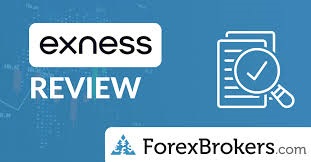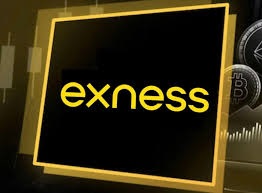Starting your trading journey can feel overwhelming. You’re greeted by technical charts, various account types, and financial jargon. Many beginners struggle with high minimum deposits, hidden fees, and confusing platforms. That’s why I put Exness under the microscope. Over the past few months, I’ve tested Exness—starting with a $10 deposit—to find out whether it really fits beginner traders. Here’s my complete guide.
What Makes It Beginner-Friendly?
- $10 Minimum Deposit: Start small and scale as you learn.
- Free Demo Account: Practice trading strategies with zero risk.
- Islamic Accounts Available: Swap-free accounts for compliant trading.
- Multiple Platforms: MT4, MT5, WebTrader, and mobile apps.
- 24/7 Support: Get help anytime, including weekends.
Pros and Cons
Pros
- Easy to start
- Flexible account types
- 24/7 support
Cons
- Minimal beginner tutorials
- No one-on-one coaching
- Research tools may feel advanced
Alternatives to Consider
- eToro: Best for social trading.
- XM: Strong on education and webinars.
- IQ Option: Great for beginner interface.
Recommended Reads from GistMe9ja.com:
Beginner’s Guide: Choosing Your First Forex Broker
Top Forex Mistakes to Avoid in Your First Month
How to Read Forex Charts: A Beginner’s Walkthrough
Risk Management 101: Keep Your Trading Account Safe
Forex Terminology Cheat Sheet for New Traders
Conclusion
While Exness doesn’t hold your hand like some platforms do, it offers the core benefits that matter most: affordability, speed, and simplicity. If you’re a self-driven beginner who wants a low-cost, regulated, and flexible trading experience, Exness should top your list. You’ll learn fast—without paying high fees or services you’ll never use.








